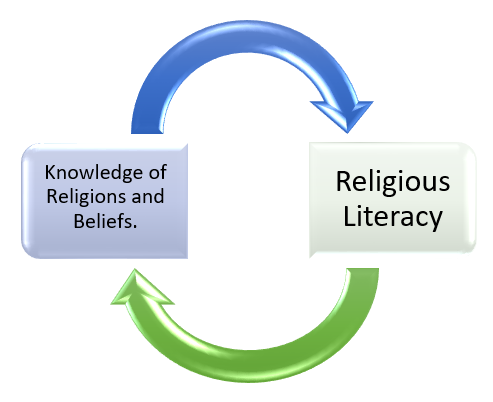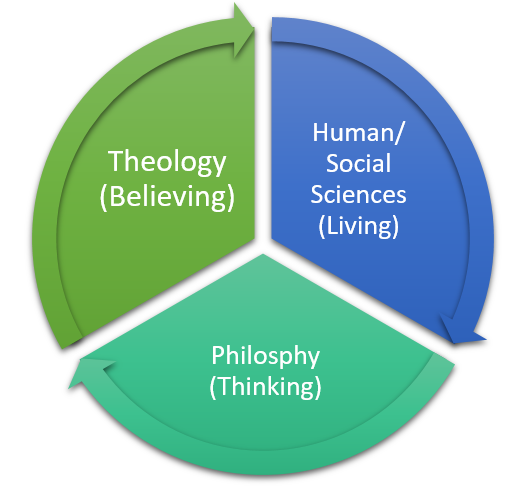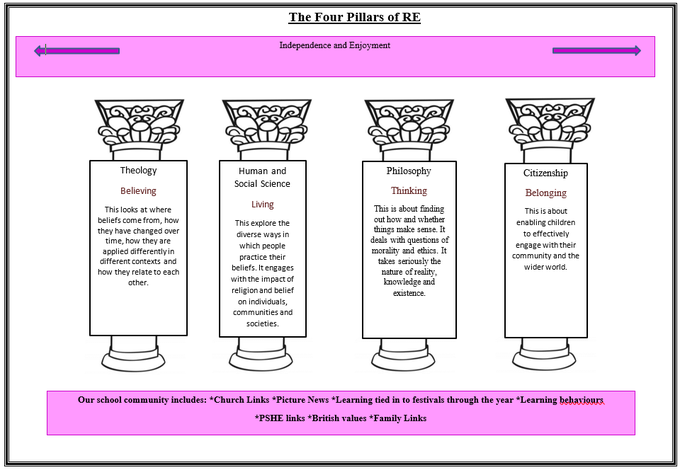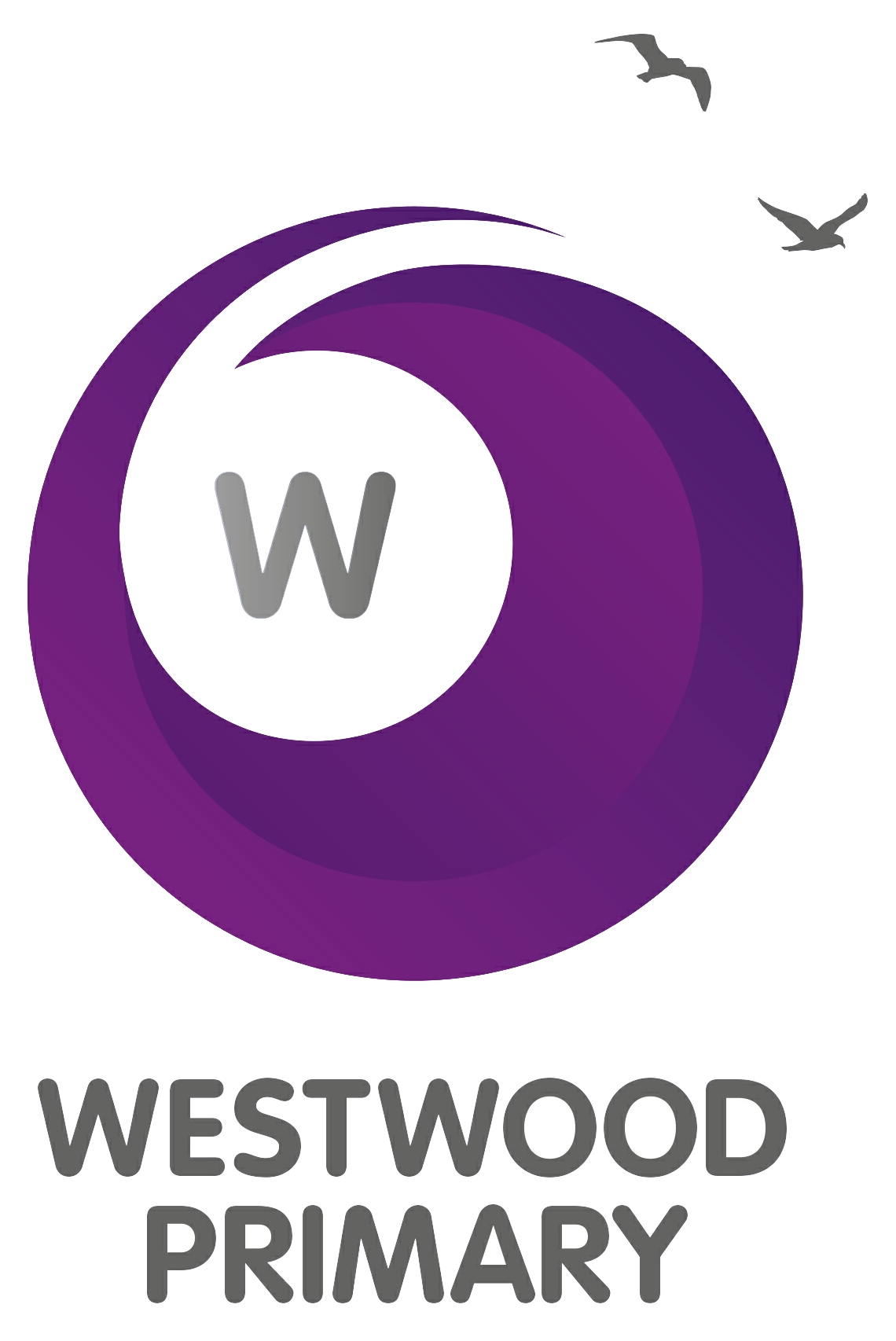13. Religion and World Views
Leadership of Religion and World Views at Grove Primary School.
Accountable: Mr Stephen Moore
Responsible: Mrs Claire Rough and Miss Rachel Allen
Intent
At Grove Primary School we have designed our Religion and Worldviews curriculum to enable pupils to become responsible citizens and effectively engage and communicate with the community and wider world around them.
Our vision is for children to be develop religious literacy, allowing them to carry out deep critical analysis of religions and beliefs. Religious literacy is the ability to hold balanced and well informed conversations about religion and belief (Georgiou 2018). In order to achieve this, children need a secure knowledge of religions and beliefs with opportunities to reflect and ask questions.

We have personalised our Religion and Worldviews curriculum, using resources such as the Norfolk Agreed Syllabus and research to inform our decisions. This allowed us to carefully design and sequence our curriculum to meet the needs of the pupils in our school. We recognise that many of the children at Grove have limited exposure to a diverse range of religious and cultural practises. Therefore, our curriculum aims to give children knowledge beyond their immediate world and experiences. To enable the children to be responsible citizens, developing a religious literacy is fundamental as this will allow them to understand the diversity of practises within a religion and therefore, not generalise or stereotype groups of people.
Religion and Worldviews is a multidisciplinary subject and our curriculum allows children to explore the key disciplines that form its foundation. These are:
Theology (Believing) - This is about believing. It looks at where beliefs come from, how they have changed over time, how they are applied differently in different contexts and how they relate to each other.
Human/Social Sciences (Living) - This is about living. It explores the diverse ways in which people practise their beliefs. It engages with the impact of religion and belief on individuals, communities and societies.
Philosophy (Thinking) - This is about thinking. It is about finding out how and whether things make sense. It deals with questions of morality and ethics. It takes seriously the nature of reality, knowledge and existences.

We encourage our children to question, discuss and debate their opinions in order to make comparisons, identify differences and similarities and be accepting of those which are different to their own.
We are forming strong links with our wider community to enable our children to have meaningful and memorable experiences on which to pin their learning about religion and beliefs. Visitors to the school are encouraged in as many units as possible across our curriculum.
This approach to the curriculum allows children, by the time they leave the school in year 6, to have developed religious literacy and a secure knowledge of religions and beliefs. Children will have the tools to counter any extreme or stereotyped views they may encounter beyond the classroom and to access the wider world as responsible citizens.
Implementation
All Religion and Worldviews units begin with a big question and children work towards answering this as the unit progresses. Children are also encouraged to develop and answer their own questions.
Units are structured to allow the pupils to engage, investigate, evaluate and express. This process works in providing children with opportunities to explore the disciplines of RE: theology (believing), human/social sciences (living), philosophy (thinking).
Religion and Worldviews is taught weekly for one hour as a discrete subject. Links to other curriculum areas are important in children developing their schema and understanding of the world. Consequently, links to prior and current learning are made wherever possible. Teachers plan and deliver lessons to ensure they are in line with the school's pedagogy and ethos. Lessons are active and engaging, memorable, link to real life experiences and promote children to develop their oracy skills.
From EYFS to 6, our children investigate these religions and world views: Humanism, Christianity, Judaism, Hinduism, Buddhism, Sikhism and Islam.
Impact
At the end of a unit we consider assessment statements on the medium term planning, which summarise children’s learning against the unit's key learning outcomes.
RWV Pillars

Concepts
Key Stage Progression Assessment
RWV Key Stage Progression Assessment

